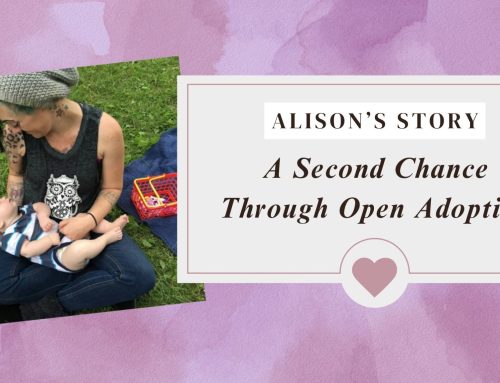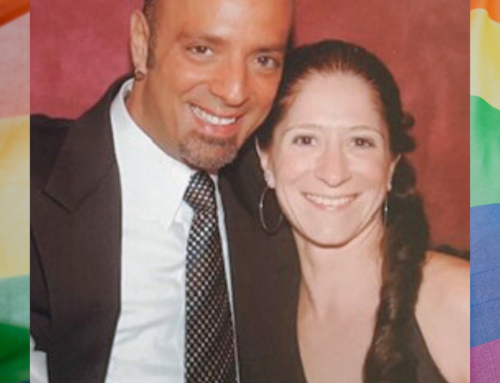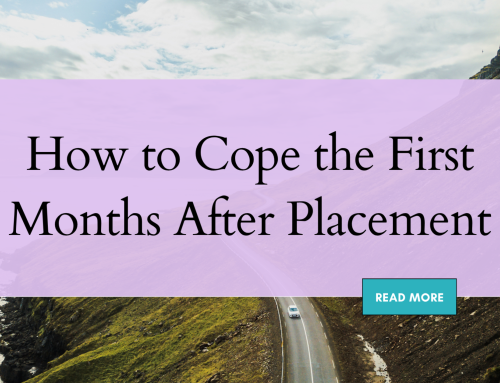
You have decided to adopt a child, and now you’re building your adoption team to support you through the process. It’s time to consult with an experienced adoption attorney, but you might be wondering how to prepare for the meeting and what to expect when you’re there. Below are a few guidelines to get you started on the right track.
What to Bring
After you’ve scheduled a meeting with an adoption attorney, start gathering useful materials to bring with you. These may include:
- Relevant documents you have so far, including research, files, and correspondence with any agencies you’ve spoken to about adopting
- A pen and paper or a device on which you can take notes
- A list of questions and concerns to discuss
- Anything else that may help facilitate a productive discussion with the attorney
The initial consultation is meant to help you select the right lawyer for your situation and to share your goals for the adoption and needs during the process.
What to Ask
In a previous post, I described the merits of having a qualified attorney on your side from day one. But many good lawyers handle adoptions. Your initial consult should give you the confidence that you have made the right choice in legal representation.
Start by asking good questions. For example:
- Which types of adoption do you handle? Do you specialize in or prefer a particular type?
- What is your billing structure?
- What kind of help, support, and services do you provide through the process? What tasks would I be responsible for completing on my own?
- Who will be my primary point of contact at your firm if I have questions or need assistance? Will I speak directly to you, or will an assistant be assigned to my case?
Asking pointed questions during your initial consultation will make for a valuable discussion. It will also allow you to better understand an attorney’s qualifications, attitude, and personality. You should leave the conversation having a good idea of whether he or she would be a good fit to represent you.
What to Expect
No matter whom you choose as your adoption lawyer, certain things should be constant during your consultation (and throughout your entire experience):
Your attorney should be knowledgeable. The right legal experience is critical for success, as you’ll be depending on your lawyer to ensure each step of the process is completed properly and on time. Your consultation should make it clear that your attorney is highly-qualified to assist you with your adoption.
You shouldn’t feel pressure. When consulting with an adoption attorney, he or she should never make you feel pressured to select their firm for representation or to make any decisions you’re not ready for.
You should feel confident. In addition to representing your interests, your lawyer is also there to put you at ease about the steps to come and to keep you well-informed and supported throughout the process. You should leave your first meeting feeling positive and educated about what’s to come.
Meeting with a qualified adoption attorney might be the first real step toward adopting a child, so it’s important to make it count. When you know what to expect ahead of time, your first consultation can be a productive and exciting experience.
Author Profile
Diana Schimmel has dedicated her career to family law. She established Schimmel Family Law in 2013, and after working as a solo practitioner for almost four years, Diana partnered with Melinda Previtera to establish Previtera & Schimmel. In 2017, they merged with another prominent family law firm to become Petrelli Previtera Schimmel, LLC.
Earlier in her career, Diana worked as a child advocate attorney for the Defender Association of Philadelphia in its Child Advocacy Unit. As an active member of the legal community, her outstanding work continues to earn her the recognition of her peers. She has been included in Pennsylvania Super Lawyers’ Rising Stars List and selected as a Lawyer on the Fast Track by The Legal Intelligencer. Diana has also been named a Top Family Law Attorney by Philadelphia Life Magazine and Best Overall Advocate by the Widener Intensive Trial Advocacy Program. Diana volunteers with the Philadelphia Volunteers for the Indigent Program, The Montgomery Child Advocacy Project and The Field Center for Children’s Policy, Practice & Research.




